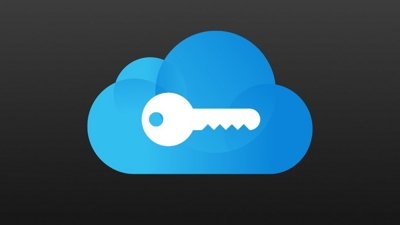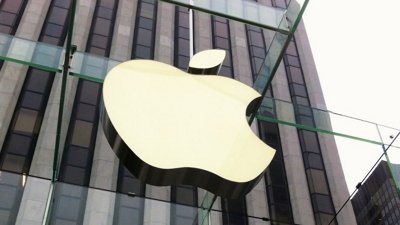The Obama administration has decided not to ask a secret court for a 90-day extension of Section 215 in the Patriot Act, effectively putting end to the authorized bulk collection of U.S. phone metadata by the National Security Agency.
The deadline for the extension was Friday, but on Saturday an administration official confirmed to The Guardian that no application was filed. Barring dramatic intervention, the NSA's authorization for bulk collection should expire on June 1 at 5 p.m. Eastern time.
On Saturday morning, a bill called the USA Freedom Act suffered a procedural defeat in the Senate, despite having bipartisan support. Had it passed it would have banned the NSA's bulk metadata collection program, but simultaneously renewed another Patriot Act measure allowing the Federal Bureau of Investigation to access business records, plus large swaths of communications metadata.
Senate Majority Leader Mitch McConnell (R-KY) has been leading a campaign to keep all of the domestic surveillance powers in the Patriot Act intact, and is hoping to win a temporary extension once the Senate reconvenes on May 31 after the Memorial Day holiday. The House of Representatives isn't due to return until June 1 however, and predominantly favored the Freedom Act.
On May 7 federal appeals court ruled that the NSA's bulk collection program was illegal, which may explain the Obama administration's decision. The situation leaves McConnell and his supporters with an uphill battle.
Attention to the dangers of Section 215 was first drawn in June 2013 by Edward Snowden, an NSA contractor who leaked numerous documents to the Guardian. Documents from his stockpile still continue to emerge, and have shown for example that the NSA has obtained data from major technology companies such as Apple, AT&T, Google, Verizon, and Microsoft, with or without their willing participation.
Earlier this month a secret summit was held in Oxfordshire, England with current and former intelligence officials from around the world joined by executives from Apple, Google, and Vodafone. At issue was the impact of maintaining data privacy on protecting the state.
 Roger Fingas
Roger Fingas






 William Gallagher
William Gallagher
 Mike Wuerthele
Mike Wuerthele

 Charles Martin
Charles Martin


 Wesley Hilliard
Wesley Hilliard
 Stephen Silver
Stephen Silver









13 Comments
I hope people are not nieve enough to believe that this is anything but a misdirection! Every time we hear that they are not doing something, we find out later that they have been doing it. This just means that a secrete court, that we have no idea even exists, has authorized it. Do you really think the billions the government has spent on huge data centers to capture this data are going to be mothballed? I think not!
They won't stop. They'll say they did, but they won't.
They've never EVER caught or prevented anything with it. They think they will and that the terrorists will literally start planning on June 1st because of this so they won't stop.
You can't prove they aren't doing it anyway.
C'mon it's just going to move from authorized to unauthorized but done in secrecy. Because who's gonna know? They can just redact the shit out of any documentation of that decision.
It's a case of trust but don't verify.
While we're at it, why not pass an act banning the use of names like "Freedom Act" and "Patriot Act," in favor of more descriptive and accurate names which aren't specifically designed to obfuscate the true purpose and deceive the people they purport to serve.